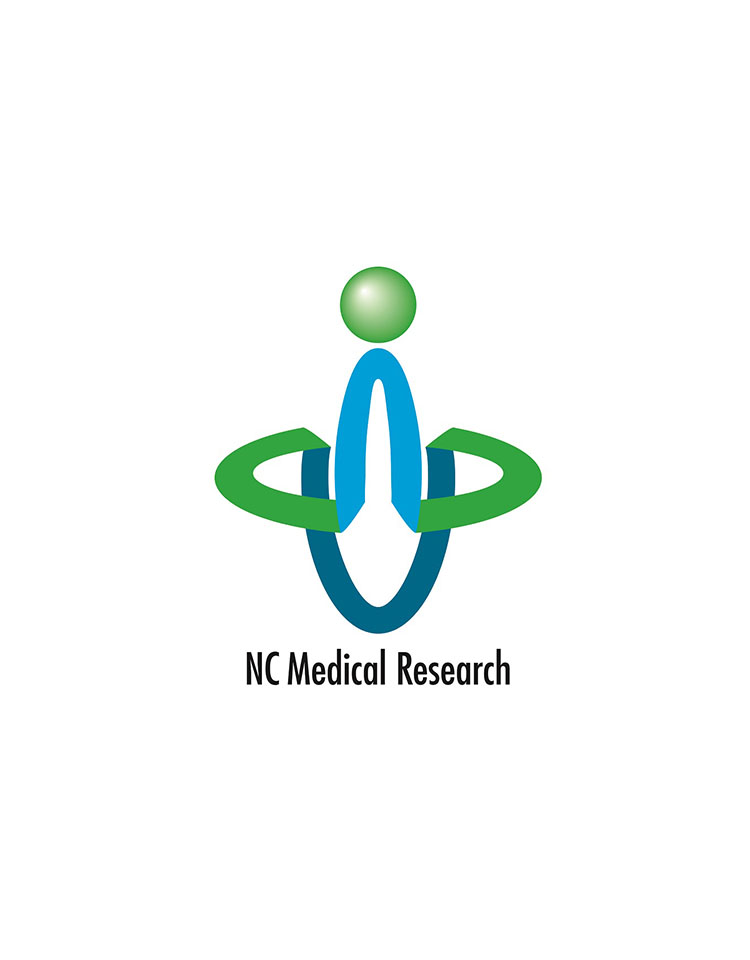

Development of a cell therapy drug for cerebral infarction.
- GOOD HEALTH AND
WELL-BEING - PARTNERSHIPS
FOR THE GOALS
Issue
Cerebral infarction, a condition that causes lasting aftereffects in over 50% of those affected.
It is estimated that approximately 300,000 people in Japan and 700,000 in the United States suffer from strokes each year. Cerebral infarction, accounting for about 74% of all strokes, occurs when blood vessels in the brain become blocked, cutting off blood flow and causing brain damage. Approximately 5% of patients die, and over half are left with disabilities. Currently, the primary treatment focuses on reopening blocked blood vessels with medication or mechanical intervention, but there are no treatments available for areas already damaged by the infarctio
Approach
Development of a cerebral infarction treatment using mesenchymal stem cells.
Regenerative medicine, which uses cells to restore tissues and functions, has garnered high expectations as a treatment method for diseases previously deemed incurable. In 2004, two years before the discovery of iPS cells, e-solutions encountered research on cerebral infarction treatment using mesenchymal stem cells (※). This led to the establishment of NC Medical Research Co., Ltd. in collaboration with several companies, initiating the development of drugs to restore neurological functions impaired by conditions like cerebral infarction.
By transitioning to “allogeneic cells” and relocating operations to the U.S. in 2008, e-solutions and its partners advanced the development of “NCS-01,” a drug now in clinical trials targeting acute cerebral infarction patients.
Mesenchymal stem cells (※), known for their ability to differentiate into various cells such as osteoblasts, chondrocytes, and nerve cells, hold significant promise for regenerative medicine applications, including bone, vascular, and neurological regeneration. Leveraging these cells, e-solutions has spearheaded the development of “NCS-01,” currently in U.S. clinical trials for acute cerebral infarction.
